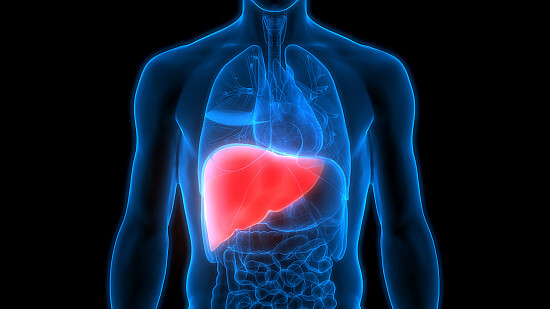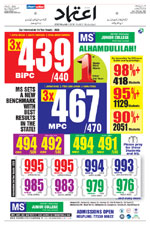Daily aspirin use may up risk of severe bleeding, death: study
Fri 16 Jun 2017, 13:21:49

Long term intake of aspirin to prevent stroke or heart attack may put older adults at far greater risk of potentially deadly internal bleeding than previously thought, a new Oxford study warns.
Researchers followed about 3,166 patients who had previously had a stroke or heart attack and were prescribed antiplatelet drugs (mostly aspirin).Over the 10-year period, 314 patients were admitted to hospital for bleeding.
Analysis showed the risk of bleeding, in particular the risk of fatal or disabling bleeding, increased with age.Researchers found that for patients under 65 taking daily aspirin, the annual rate of bleeds requiring hospital admission was about 1.5 per cent, compared with 3.5 per cent for patients aged 75 to 84, and 5 per cent for those
aged 85 or over.
aged 85 or over.
The annual rate of life-threatening or fatal bleeds was less than 0.5 per cent, for patients under 65, 1.5 per cent for those aged 75 to 84 and almost 2.5 per cent for patients aged 85 or over, 'The Guardian' reported.
"In the over-75s the risk of a serious bleed is higher – but the key point is that this risk is substantially preventable by taking proton-pump inhibitors (PPIs) alongside aspirin," said Peter Rothwell, professor at Oxford University in the UK.
"Since many of the deaths are preventable by taking PPIs, people over 75 should be prescribed a PPI along with their aspirin. Regardless of age, nobody should suddenly stop taking aspirin without speaking to their doctor," Rothwell said.
No Comments For This Post, Be first to write a Comment.
Most viewed from Health
AIMIM News
Latest Urdu News
Most Viewed
May 26, 2020
Do you think Canada-India relations will improve under New PM Mark Carney?
Latest Videos View All
Like Us
Home
About Us
Advertise With Us
All Polls
Epaper Archives
Privacy Policy
Contact Us
Download Etemaad App
© 2025 Etemaad Daily News, All Rights Reserved.






























